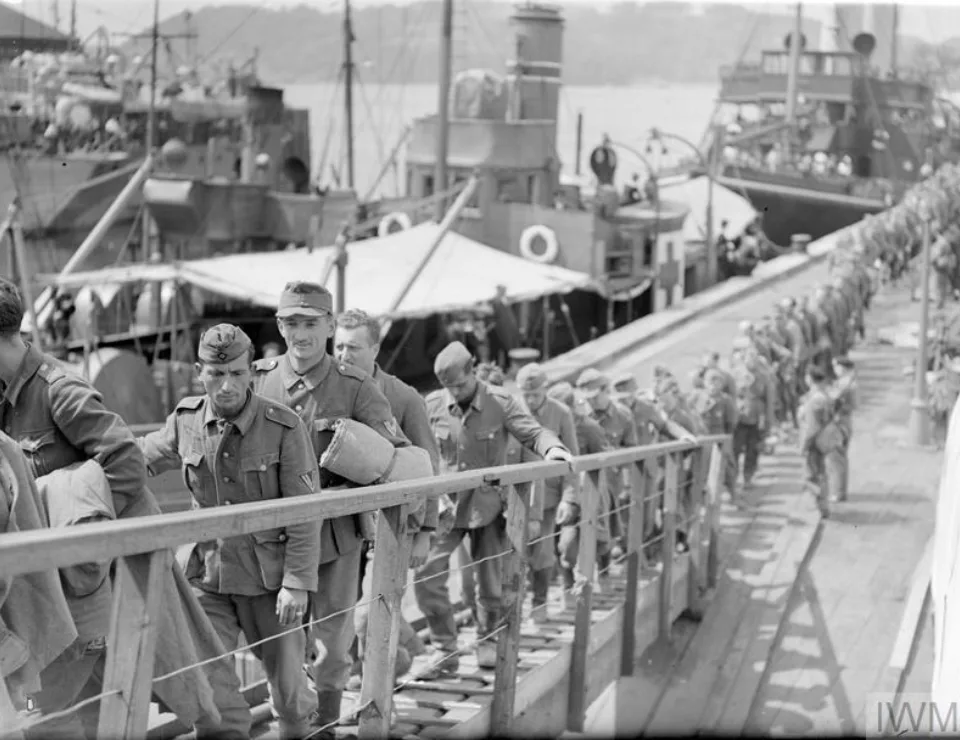Prisoner-taking has been a phenomenon of war since antiquity. It was, however, the First World War that witnessed the advent of mass captivity. The fate of civilian internees and prisoners of war is no longer a marginal topic within the history of war and warfare. The experiences of POWs and civilian internees is central to understanding the era of total war. Our staff are interested in examining the treatment and experiences of civilian and military captives in wartime. This includes the development of international law, diplomatic relations, and captor policy. They are also interested in exploring how wartime captivity led to fraternisation and cross-cultural encounters. Our staff have researched Axis POWs in Britain and the internment of enemy aliens in British India during and after the Second World War.
Malpass, A. (2019). ‘Disastrous’ and ‘Detrimental’: The National Union of Agricultural Workers’ Complaints against the Employment of Axis Prisoners of War, 1939-1948. History, 104(363), 890–910. https://doi.org/10.1111/1468-229X.12919
Malpass, A. (2020). British character and the treatment of German prisoners of war, 1939-48. Palgrave Macmillan. https://doi.org/10.1007/978-3-030-48915-1
Malpass, A. (2023). Civilian internment in the Raj: Central and family internment camps c.1939-43. In Carr, G. & Pistol R. (eds.) British Internment and the Internment of Britons: Second World War Camps, History and Heritage (pp. 221-238). Bloomsbury. https://doi.org/10.5040/9781350266285.ch-013
Cover Image: LIBERATION OF EUROPE: CAPTURED IN FRANCE. 18 JUNE 1944, PLYMOUTH. GERMAN PRISONERS OF WAR TAKEN IN THE BEACHHEAD ARRIVE AT A BRITISH PORT EN ROUTE FOR PRISONER OF WAR CAMPS. © IWM (A 24214)
